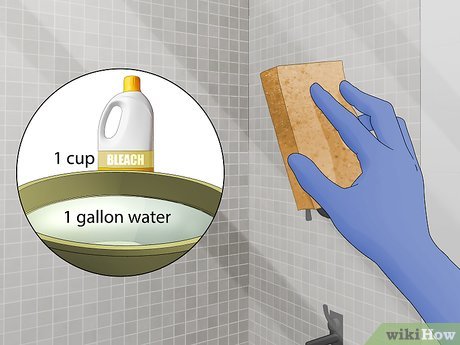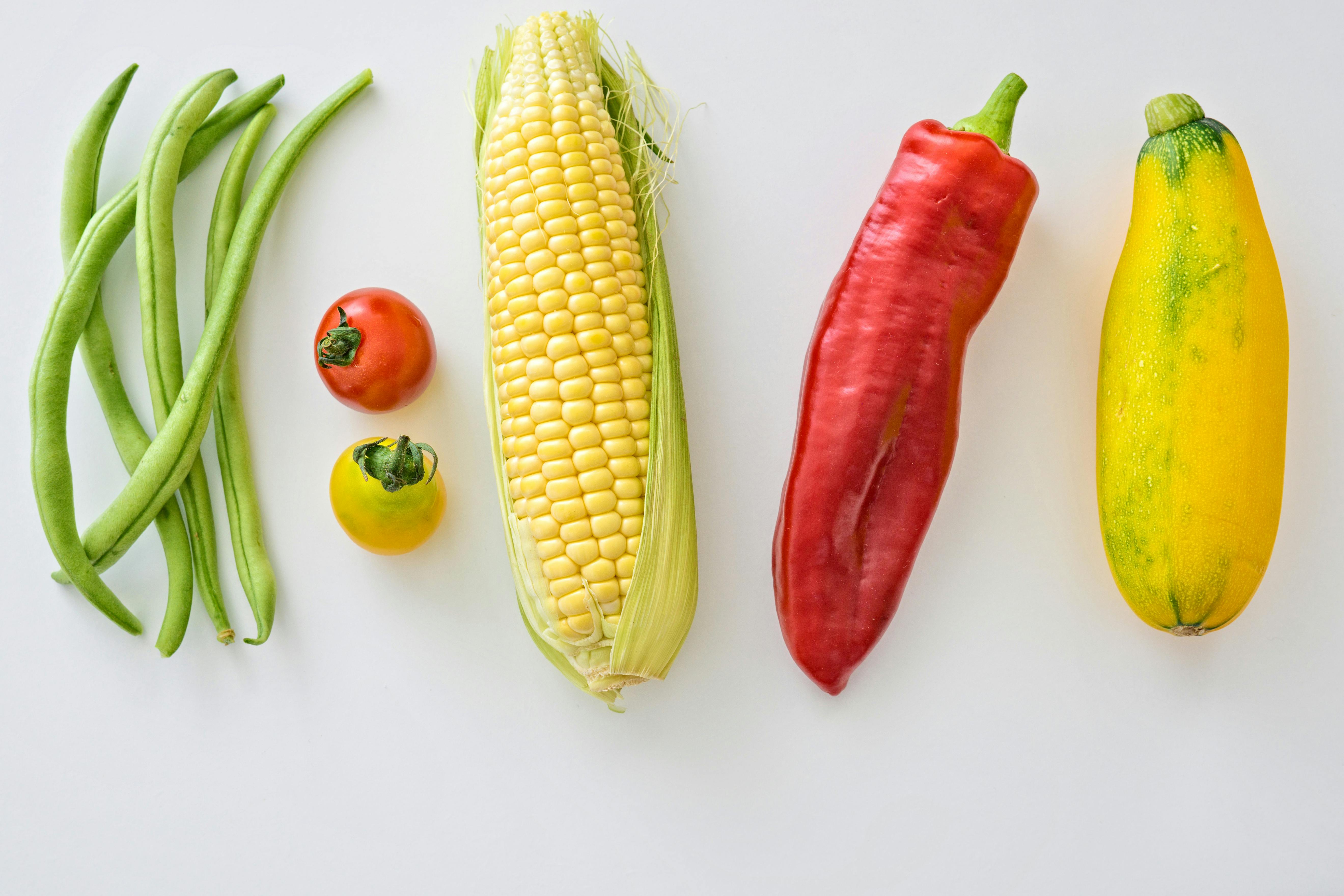
Apply Now


Effective Ways to Get Alcohol Out of Your System in 2025
Drinking alcohol is a common social activity, but understanding how to effectively remove alcohol from the system is crucial for maintaining a healthy lifestyle or recovering from occasional overindulgence. Many people seek effective alcohol elimination tips, especially when they need to sober up quickly. This article provides a comprehensive guide on how to detox from alcohol, offers natural detox methods, and outlines the best ways to promote liver health for a quicker recovery. Alcohol metabolism and clearance from the body involve a complex process that varies from person to person. By understanding the pathways of alcohol metabolism, you can implement strategies like hydration for alcohol recovery and dietary adjustments to aid in detoxification. We'll explore home remedies for alcohol detox, exercise for sober recovery, and supplements that can expedite alcohol metabolism. In this article, you'll discover insights into alcohol elimination, including the importance of hydration, diet, and lifestyle changes that support sobriety. By the end, you'll not only understand how long to sober up but also have practical strategies for maintaining a healthy, sober lifestyle.Understanding Alcohol Metabolism
The human body metabolizes alcohol predominantly through the liver, which plays a key role in detoxifying various substances. Understanding the liver's function is essential for learning how to support liver health during detox. Alcohol absorption rates vary based on several factors such as weight, gender, and food intake. When alcohol enters the bloodstream, it affects mental clarity and can lead to intoxication, which prompts many people to look for ways to clear alcohol from urine and speed up detoxification processes. The liver processes alcohol at a fixed rate of approximately one standard drink per hour. However, several factors can influence this rate, including individual metabolism, hydration levels, and overall health. Recognizing these factors is crucial for anyone looking to recover effectively from alcohol consumption. Additionally, understanding the timeline of alcohol detox can help set realistic expectations for sobriety.Hydration Strategies for Alcohol Detoxification
One of the simplest yet most effective strategies for detoxifying after drinking is ensuring proper hydration. Alcohol is a diuretic, leading to increased urination and potential dehydration. This dehydration can amplify the effects of a hangover and prolong recovery time. Therefore, hydration is paramount in alcohol detoxification. Water plays a vital role in flushing out toxins from the body and aiding the liver's function. It's recommended to consume plenty of water before, during, and after alcohol consumption. Herbal teas and electrolyte-rich beverages are also beneficial for replenishing lost fluids and nutrients. This natural detox method not only helps in how to cleanse after drinking but can also relieve hangover symptoms and enhance overall recovery after a night of drinking. Additionally, it’s important to recognize the role of nutrients that support liver function, such as vitamins B and C. Including healthy fluids that are rich in nutrients can further augment the detoxification process, ensuring a smoother recovery.Dietary Adjustments for Effective Recovery
The relationship between nutrition and alcohol recovery cannot be overstated. A diet focused on liver health can significantly affect how quickly one can detox from alcohol. Foods rich in antioxidants, such as fruits and vegetables, help to combat oxidative stress caused by alcohol consumption. For instance, beets, avocados, and leafy greens are known to support liver function and detox. Moreover, incorporating foods high in fiber can aid in digestion and metabolism. Quinoa, brown rice, and legumes are excellent sources that not only fill you up but also provide energy without overloading the body with empty calories. Understanding the impact of food on alcohol absorption can make a notable difference in how your body handles alcohol and processes it post-consumption. Avoiding overly processed and sugary foods during detox is critical, as they can hinder recovery. Instead, focusing on whole foods can provide the nutrients necessary for your body to recover effectively while supporting a healthier lifestyle.Exercise for Sober Recovery
Exercise plays a crucial role in detoxification and recovery from alcohol. Engaging in physical activity can help speed up alcohol metabolism, alleviate anxiety, and improve mood. When looking for ways to detoxify after drinking, incorporating regular exercise not only promotes liver health but can also combat the psychological effects of alcohol withdrawal. Activities such as jogging, swimming, or even yoga can enhance blood circulation, boost metabolism, and flush out toxins from the body. It's also a great way to build a sober lifestyle by engaging in routines that promote physical and mental health. The endorphins released during exercise can alleviate cravings for alcohol and improve overall well-being, making it easier to maintain sobriety. Establishing an exercise routine and setting achievable goals for physical activity can lead to significant improvements in how one feels during recovery. It's essential to find something you enjoy so that staying active becomes a natural part of your new sober lifestyle.Supplements and Natural Remedies for Alcohol Detox
In addition to diet and exercise, certain dietary supplements can enhance liver health and detoxification processes. Milk thistle, for instance, is renowned for its liver-protective properties and may help mitigate alcohol-related damage. Other supplements, such as N-acetylcysteine (NAC) and B vitamins, can support detoxification and replenish nutrients depleted by alcohol consumption. For those exploring herbal aids for alcohol detox, combinations of turmeric, ginger, and garlic can contribute to liver health and provide anti-inflammatory benefits. However, it's always advisable to consult with a healthcare professional before starting any new supplement, especially during detoxification processes. Understanding the role of these natural remedies and their benefits can empower you to create a comprehensive approach to recovery. These practices simplify the process of detoxifying from alcohol while enhancing overall health and well-being.Overcoming Alcohol Cravings and Withdrawal Symptoms
The process of detoxification from alcohol is often accompanied by cravings and withdrawal symptoms, which can be challenging. Developing effective coping strategies for sobriety is essential to navigating this phase. Understanding the psychological effects of alcohol withdrawal and recognizing personal limits is the first step in committing to a sober lifestyle. Utilizing mindfulness techniques during detox can help center your thoughts and deal with cravings in a healthier way. Practices such as meditation, journaling for insights, and engaging with a supportive community can enhance mental clarity after detox. Additionally, celebrating small milestones in recovery can significantly boost motivation and reinforce positive behavior changes. Recognizing triggers for drinking and employing self-care strategies can play a vital role in maintaining sobriety. Building a strong support network and engaging in sober social activities can provide the emotional support needed to cope with cravings and peer pressure effectively.
Strategies for Lifestyle Changes to Support Sobriety
Long-term sobriety is often achieved through meaningful lifestyle changes. Incorporating healthy habits can aid in recovery and provide a strong foundation for a sober lifestyle. This includes structuring your daily routine to promote resilience, such as prioritizing sleep and engaging in enriching activities. To support liver function, consider dietary adjustments that emphasize whole foods, limit processed sugars, and incorporate plenty of fruits and vegetables. This dietary focus can help mitigate the effects of alcohol on the body and mind, further supporting mental health during recovery. Setting boundaries with alcohol in social situations and finding new ways to celebrate without drinking are also essential strategies for maintaining sobriety. Engaging in hobbies, volunteering, or pursuing new interests can redirect focus from alcohol and foster a sense of purpose. Understanding the importance of routine and schedules will aid in reinforcing personal commitments to sobriety and managing time around alcohol-related triggers. Developing an insightful understanding of previous drinking patterns and actively working to reshape behaviors will yield positive results in the journey toward lasting sobriety.